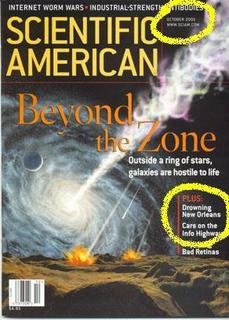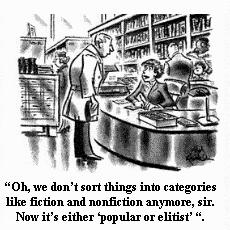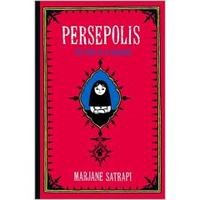My Country's Bride
by: Julsitos
Filipinas, Filipinas,
Where art thou, my country’s bride?
Have you gone deep into slumber?
In your shame you do now hide?
For today your children’s ember
has lost their glorious past.
For none shall burn or remember,
in the season of your last.
And where we stand we see her skin
bare and soiled and bleeding,
left with tattered rags, waif-like thin,
her eyes, sunked in, unpleading.
We walked to her, and spoke our grief
our cheeks now wet with tears.
She glanced at us not with relief
but with regret for past arrears.
“What have you done?” she sadly said
bitterness past consoling,
“My house you burned, my seas are dead,
our name is worth to nothing.”
“I gave you much with all the things
that other nations envy,
yet your birth is a curse that brings
nothing but death and folly.”
“Now you see that Fate’s own hand
has turned its wheels on you,
you gnash your teeth, seek to demand
the things I can’t undo.”
“Suffer you must from all you’ve done,
in penance, wisdom springs,
for when the time all this is gone,
plant the seed that future brings.”
“And hope from it, you shall then learn,
that all things have a price,
vow from it never to return,
to ways that we despise.”
We looked at her with disbelief,
for how in sorrow could we cope?
She left something for us to live,
With her final gift called Hope.
by: Julsitos
Filipinas, Filipinas,
Where art thou, my country’s bride?
Have you gone deep into slumber?
In your shame you do now hide?
For today your children’s ember
has lost their glorious past.
For none shall burn or remember,
in the season of your last.
And where we stand we see her skin
bare and soiled and bleeding,
left with tattered rags, waif-like thin,
her eyes, sunked in, unpleading.
We walked to her, and spoke our grief
our cheeks now wet with tears.
She glanced at us not with relief
but with regret for past arrears.
“What have you done?” she sadly said
bitterness past consoling,
“My house you burned, my seas are dead,
our name is worth to nothing.”
“I gave you much with all the things
that other nations envy,
yet your birth is a curse that brings
nothing but death and folly.”
“Now you see that Fate’s own hand
has turned its wheels on you,
you gnash your teeth, seek to demand
the things I can’t undo.”
“Suffer you must from all you’ve done,
in penance, wisdom springs,
for when the time all this is gone,
plant the seed that future brings.”
“And hope from it, you shall then learn,
that all things have a price,
vow from it never to return,
to ways that we despise.”
We looked at her with disbelief,
for how in sorrow could we cope?
She left something for us to live,
With her final gift called Hope.




